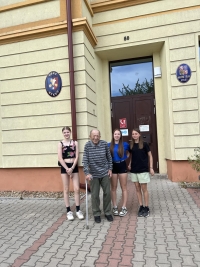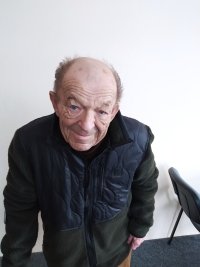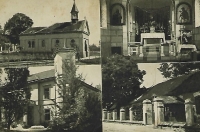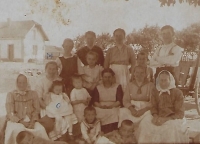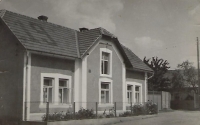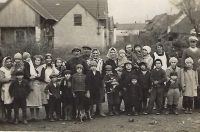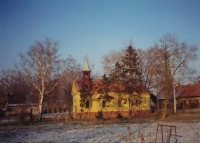We had wiretaps at work. During the occupation we were guarded by Soviet soldiers
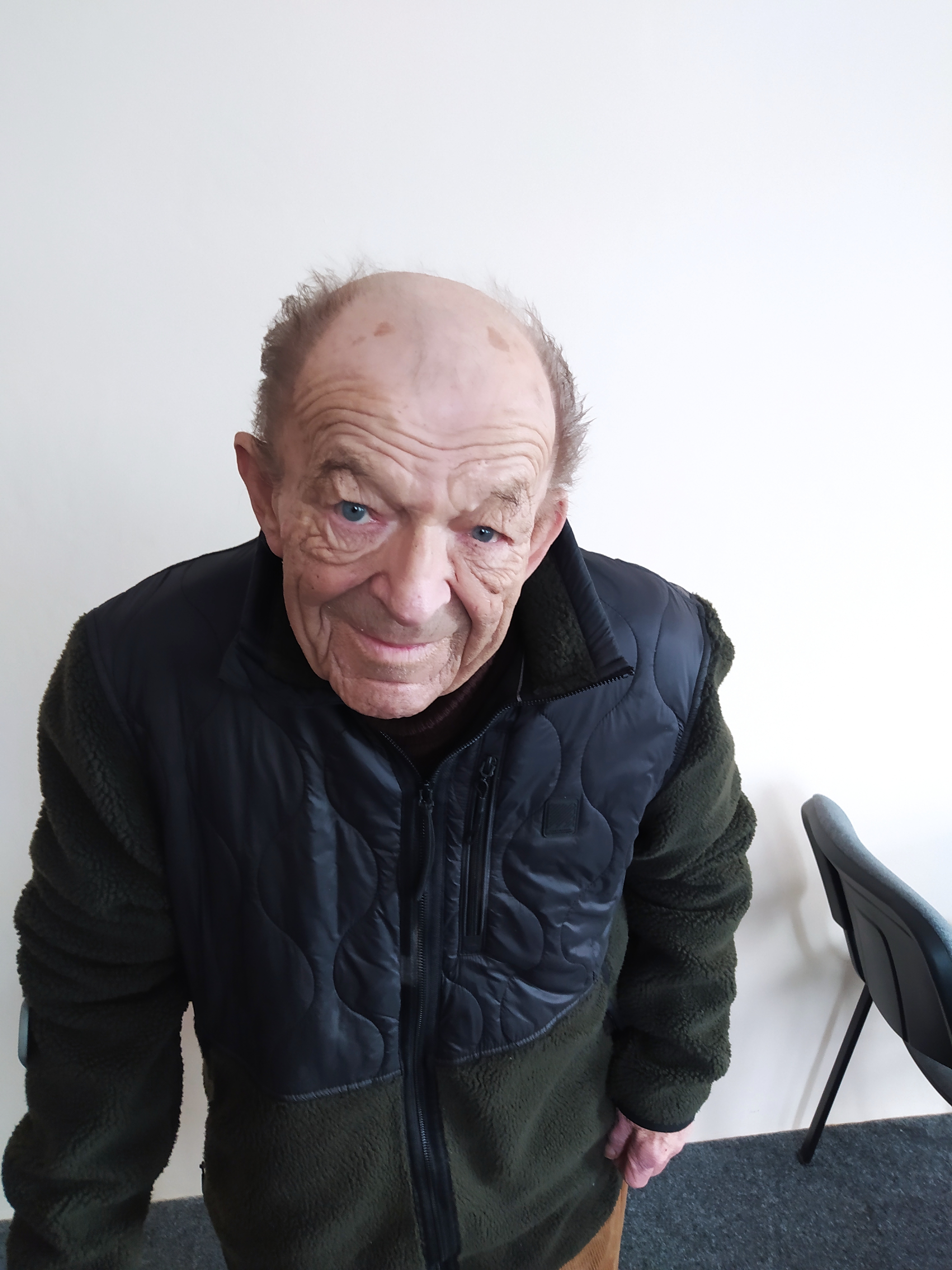
Download image
Jaroslav Jeřábek was born on 22 May 1935 in Kouty, but spent his entire childhood in Jenišovice near Mělník. His father Jaroslav Jeřábek Sr. was a carpenter and his mother Marie, née Čápová, was a housewife. Later they both helped out on the state farm in Jenišovice. From the pre-war period, he remembers the local Countess Františka von Groote. During the Protectorate, her place was taken by the Reich administrator Erich Felzmann, who helped the locals during the war. After the war Jaroslav Jeřábek finished municipal school and then entered the new Technical Postal School in Brno. After graduating, he was placed at the International Telephone and Telegraph Exchange in Prague, where he soon became the head of the transmission hall. The company was later renamed Telekom. In 1968 he experienced the invasion of the exchange by Warsaw Pact soldiers. The soldiers guarded the employees there for six days, until the signing of the so-called Moscow Protocol. Jaroslav Jeřábek became chairman of the National Committee in Býkev in the 1980s. After the fall of the regime, he became mayor for one term. In 2025 he was living in Býkev.
